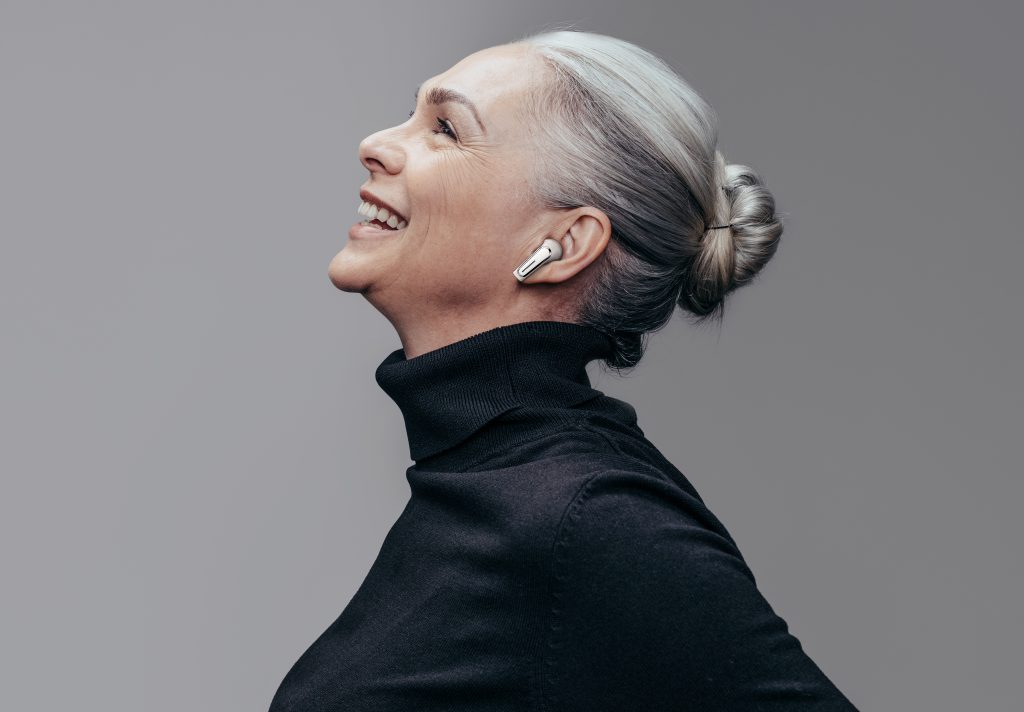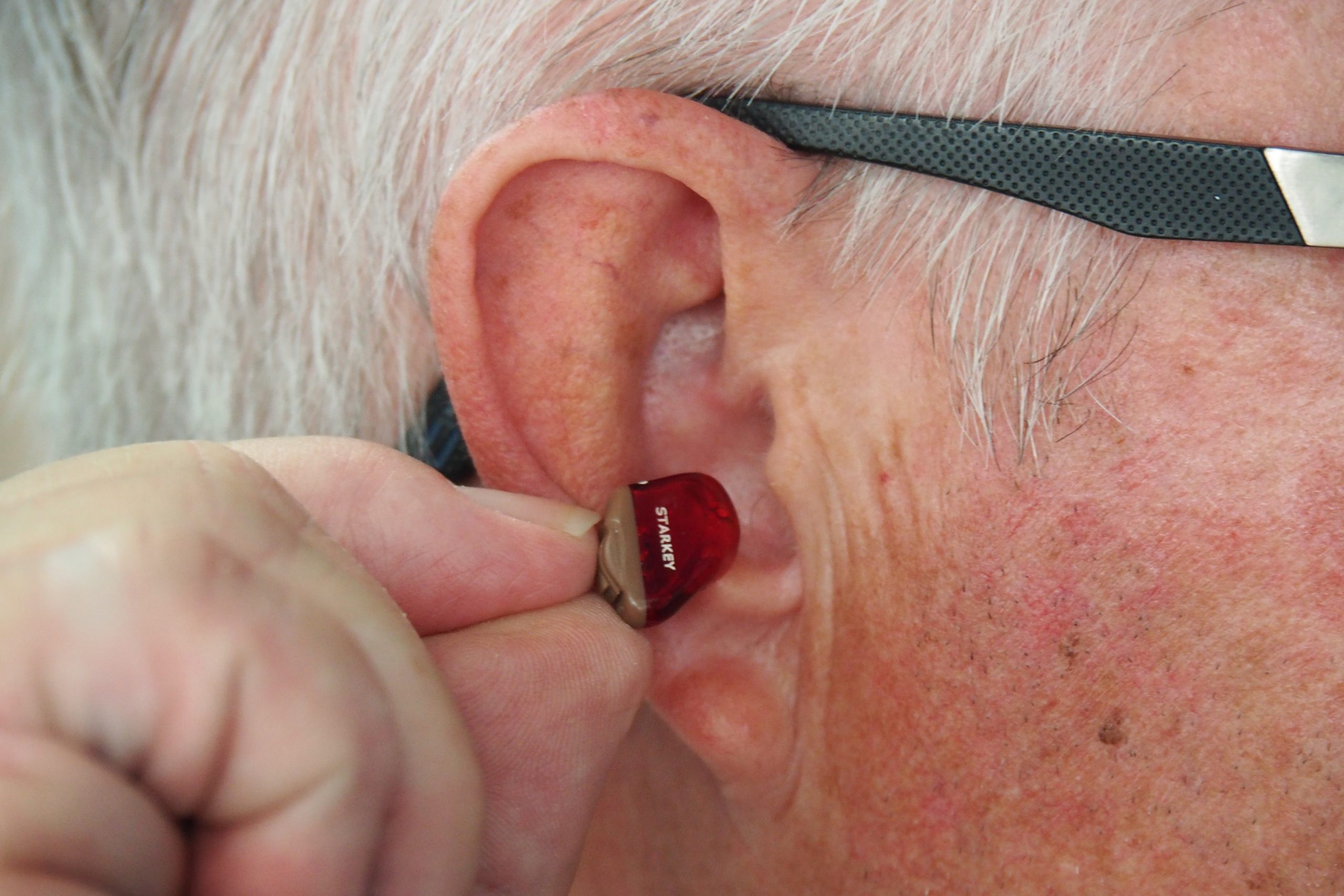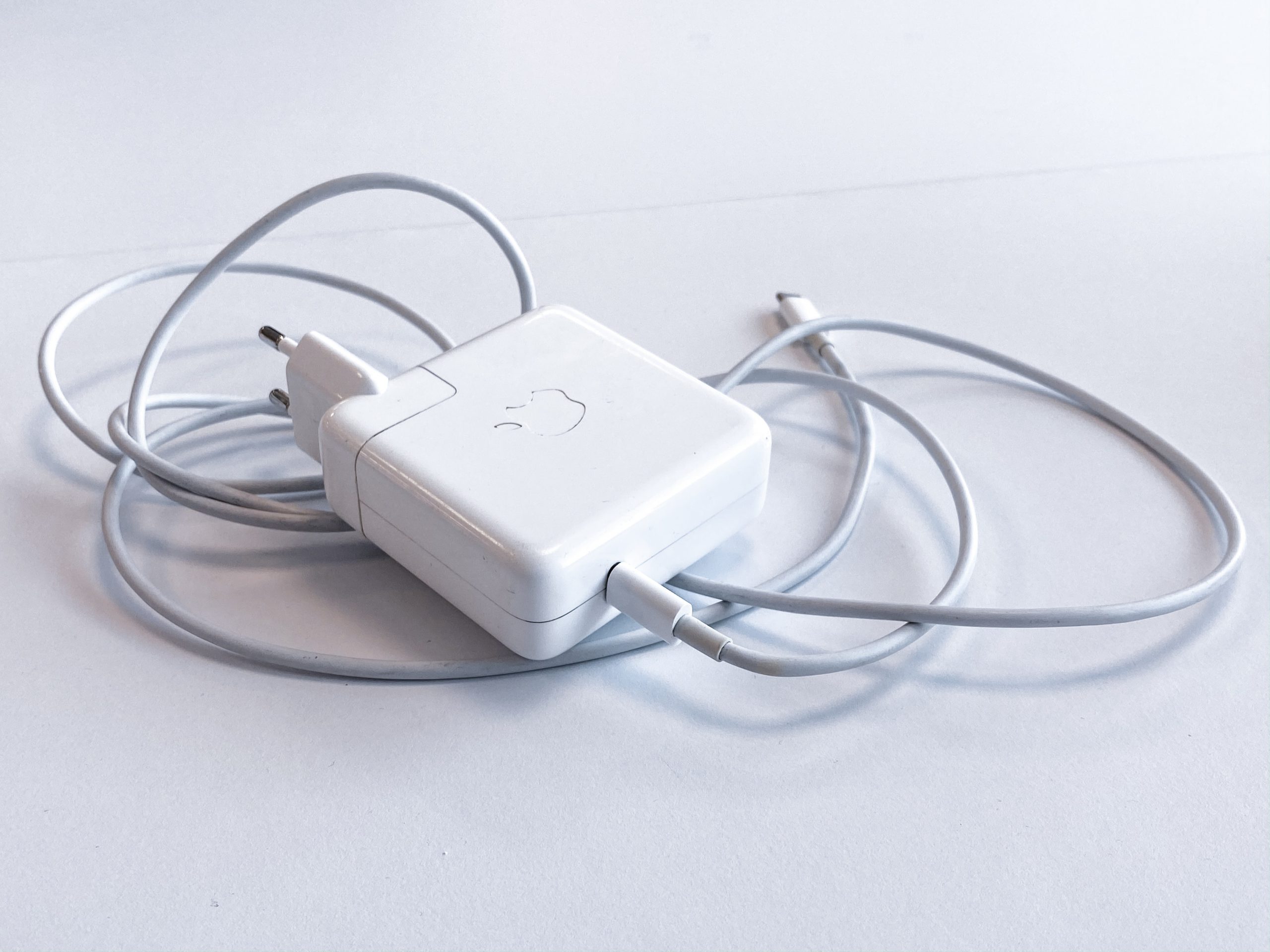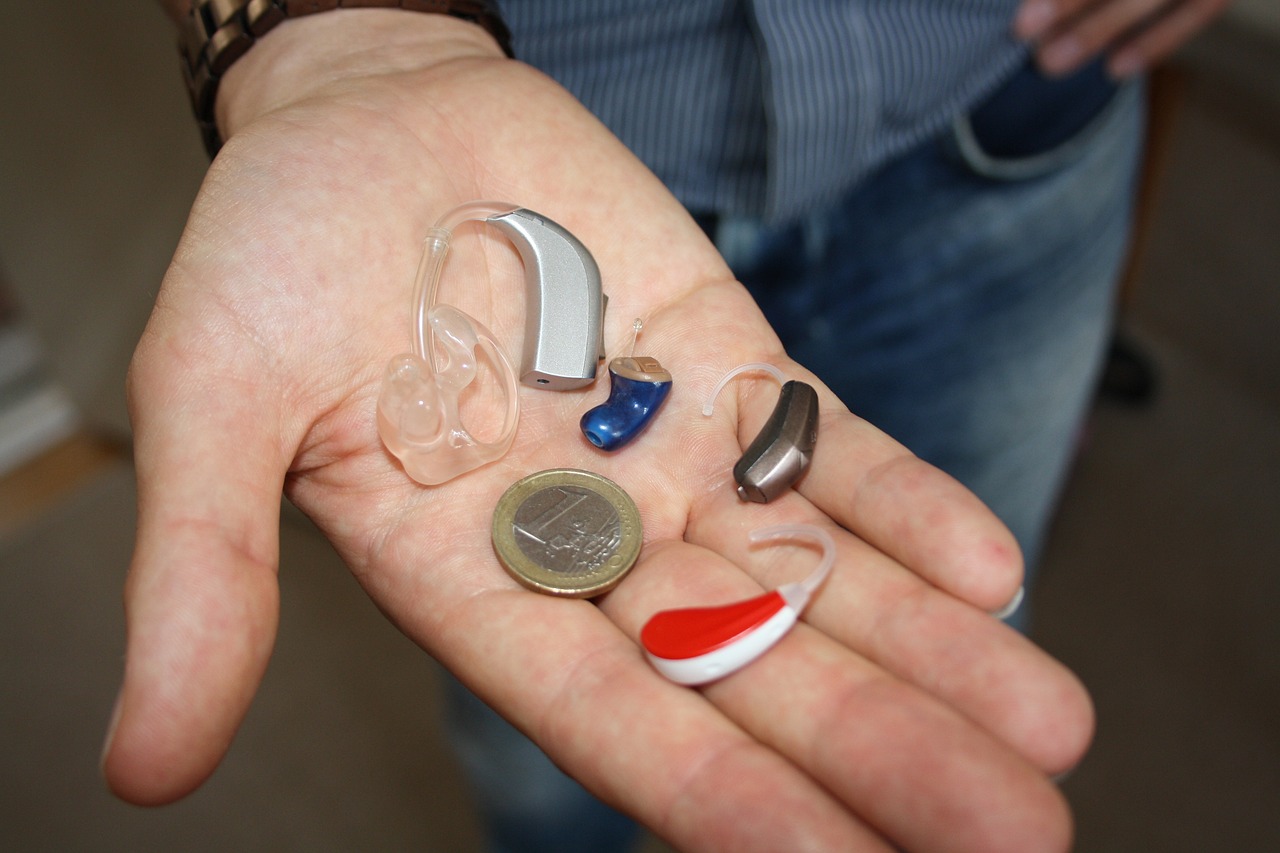
How many times have you tried new earbuds and various earbud sizes only to be disappointed when they don’t fit your ears?
It is very important that you find earbuds that fit comfortably and ergonomically not only for comfort but also for better sound.
Contents
What A Good Fit Means

Greater Comfort
If you wear your earbuds for prolonged periods of time, then you know how uncomfortable poor-fitting earbuds can be. Your ear canal is sensitive, and anything too heavy or large will irritate it, causing it to be sore to touch. This is not only uncomfortable when wearing the headphones, but it also can cause pain when you wear them the next time.
A good-fitting pair of earbuds will remain comfortable when you wear them for hours at a time and also leave you with no pain the next day.
Better Sound
If your earbud sizes fit well, you will have a more immersive audio experience. Bass will be deeper, sound effects will be stronger with no “hollow” ring to them, and your audio will be clearer with no excess feedback or outside noise. The sound experience between a pair of good-fitting earbuds and a pair of poor-fitting ones can completely change the sound of your favorite songs.
The Reasons Why Earbuds Never Stay In Your Ears
Don’t fret, it’s not just you.
Earbuds never staying in their ears is an issue experienced by many people. There are multiple reasons for the difficulty of this search, including:
1. Your Ear Design
The primary culprit for a bad fit, the shape of your ear affects how well headphones stay in your ears.
Because everyone’s ears are a different shape and size, finding a one size fits all is the eternal struggle for audio-tech companies. Your outer ear, or the cartilage and skin that funnels soundwaves into your ear canal, might have a larger or smaller tragus and antitragus, and a wider or smaller ear canal opening, or even a more pronounced concha.
Long story short, everyone has a different ear, and this is what makes finding the perfect earbud size difficult. If popular, mainstream earbuds don’t fit and you find yourself always struggling to find a well-fitting pair, you might have to hunt around a little more.
2. Earbud Sizes and Designs
Aside from your own ear shape, the design and size of the earbud itself is the other most important factor to consider. The biggest thing to consider is whether you want a) standard headphones or b) In-ear headphones.
Standard headphones are placed at the opening of the ear canal, resting on the ridge of your outer ear but not going deep inside your ear. In-ear headphones are designed to be inserted into your ear canal and create a seal, allowing for better sound quality and outside noise cancellation. Specifically for the bass-enthusiastic people out there, this is the superior choice.
Also, earbud sizes are an important first step to finding a pair that works for you. Sometimes, troubleshooting and trying varying earbud sizes and designs are the only ways to find well-fitting earbuds through trial and error. If only earbud sizes were the end-all, be-all answer.
If your ear is sensitive then you might find the In-ear headphones to be irritating or uncomfortable – however, In-ear headphones also often provide a much more secure fit and come in varying earbud sizes. Some can even be customized to your specific ear.
3. Earwax Build-up
Let’s be honest. When was the last time you had a good earwax check?
If you have an excessive amount of earwax buildup then headphones will not stay in your ear.
Earwax build-up is natural and can be a result of your age, from wearing headphones that go into your ear without cleaning your ears, and from the shape of your ear canal. To make sure your ears are healthy and your earbuds stay in, you can always clean your ears with oil or visit an audiologist.
4. Your Facial Structure
If you’ve ever been diving, you should know that to remove pressure in your ears, you move your jaw sideways. Some people go through life without ever knowing that the ear and jaw are very closely connected.
If your ears are close to your jaw joint, then simply moving your mouth might alter the size and shape of your ear canal. In this case, earbuds are more likely to dislodge and fall out. If you find this happening to you then, unfortunately, the best advice is to steer clear from earbuds altogether and wear over-the-ear headphones.
5. Ear Cartilage Deficiency Syndrome
Sometimes, people lack the antitragus cartilage needed to support earbuds. This also applies to people who have extremely small ears that cannot support standard headphones. Here, finding earbuds that feature small tips or skinny hooks may be the answer.
6. Pressure on the Cable
Most of us have experienced the rage-inducing “headphones caught on a door handle or table and yanked out of our ears” accident at least once or twice in our life. Luckily, are wireless earbuds very affordable nowadays, with decent pairs retailing for around $30.
7. Incorrect Use
Do you just shove your earbuds in your ear and call it a day?
The placement of headphones in your ear can make a massive difference to how well your headphones stay in. Depending on the type of headphones you wear, you should learn the correct way to put them on.
For instance, in-ear earbuds are not meant to be pushed into your ear canal as far as they go. If you place them so they are comfortable, they are more likely to rest in a reasonable place in your ear.
Push them too far in and the ear canal may not be able to accommodate the headphones and a small move like opening your jaw to talk might push them out.
Earbud Features to Consider
Earbuds with Ear Hooks
Choosing earbuds with ear hooks will make it easier to secure your earbuds to your ear. The hooks secure your earbuds onto your ears regardless of your ear size, although you still need to make sure you get smaller hooks if you have smaller ears. These are especially useful for sports or activities where you are moving constantly.
Sweat-Proof Earbuds
If you find yourself exercising often, sweat-proof earbuds will be a game-changer. While AirPods and similar variants are made of plastic, most casings for sweat-proof earbuds are made partly with rubber meaning they are less likely to slip out of your ears even when you’re hitting the gym hard. One more plus is that because these headphones are better protected, they tend to last longer.
It will take some trial and error to find the perfect pair of earbuds for your ears.
However, with the amount of products out on the market, you will surely be able to find your glass slipper pair of earbuds.
The information in this guide has been written using the following reliable sources:
https://www.wired.com, https://theheadphonelist.com, https://headphonecritics.com, https://www.self.com, https://www.wearableinear.com








